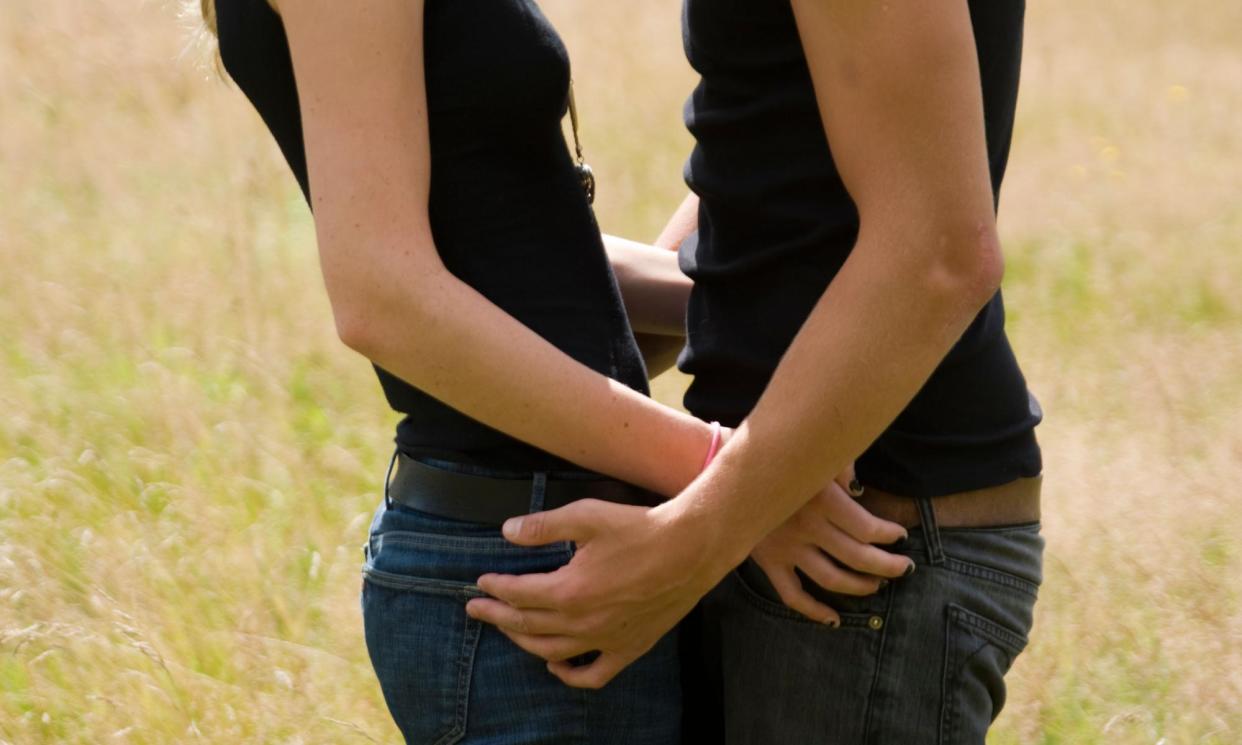Men may not be more attracted to scent of fertile women, study says

The widespread belief that men are more attracted to the scent of a woman when she is at her most fertile may not be true after all, researchers say.
A flurry of studies in recent decades have made a persuasive case that female body odour changes over the menstrual cycle, allowing perceptive males – in theory, at least – to sense when mating is most likely to result in pregnancy.
But researchers in Germany who had men sniff women’s body odour found no compelling evidence that it was more attractive when the women were at their most fertile. And they saw no variations in the odour’s chemical makeup linked to peak fertility.
The findings suggest that if body odour does vary with female fertility, it may not be obvious, at least on meeting a woman for the first time. The researchers do not rule out the possibility that men may sense changes in female body odour when they spend a lot of time with the same woman.
“I see this as a starting point to re-evaluate the field,” said Madita Zetzsche, a graduate student at Leipzig University and first author on the study. “We’re not overruling the previous studies, but we need to look at this again with the more robust techniques we have now.”
Zetzsche and her colleagues decided to look into the question when they failed to find previous studies that showed fertility produced chemical changes in female body odour. “That would be crucial to see an effect,” Zetzsche said.
They recruited 29 non-smoking heterosexual women aged 20 to 30 years old, none of whom were taking hormonal contraception. The researchers then collected samples of the women’s armpit odour over 10 sessions before, during and after their fertile period. Ovulation test strips and levels of the hormones oestradiol and progesterone in saliva were used to confirm the women’s cycle.
Writing in Proceedings of the Royal Society B, the team describes how they found no significant differences in the chemical makeup of body odour when they compared samples taken on women’s fertile and non-fertile days.
In the next part of the study, the researchers asked the women to stick cotton pads on to the skin beneath their armpits and wear them for 12 hours overnight. They then invited 91 men aged 19 to 40 to rate the women’s scents, taken at different stages of the menstrual cycle. None of the men sniffed the same woman twice.
Again, there was no compelling link between the men’s odour ratings and the women’s fertility, suggesting that if fertile women do smell different, the effect may be too subtle for men to detect the first time they meet a woman.
The work comes after multiple studies made the case for body odour reflecting female fertility. More than a decade ago, researchers at the University of California in Los Angeles reported that men were more attracted to women’s body odour when they were fertile, prompting the scientists to wonder whether the scent of a woman may affect men’s sexual approaches. In 2018, a team led by Daria Knoch, a professor of social neuroscience at the University of Berne, showed that levels of reproductive hormones explained individual differences in women’s body odour.
Knoch said the latest study was “interesting” but “surprising” from an evolutionary perspective. “I wonder how the results would have turned out if the authors would have controlled for a very important factor that influences body odour preferences: the major histocompatibility complex, or MHC,” she said. “MHC genes influence the production of molecules in sweat and body fluids, contributing to a person’s unique scent. Some studies have suggested that men prefer body odours of MHC-dissimilar women.”


